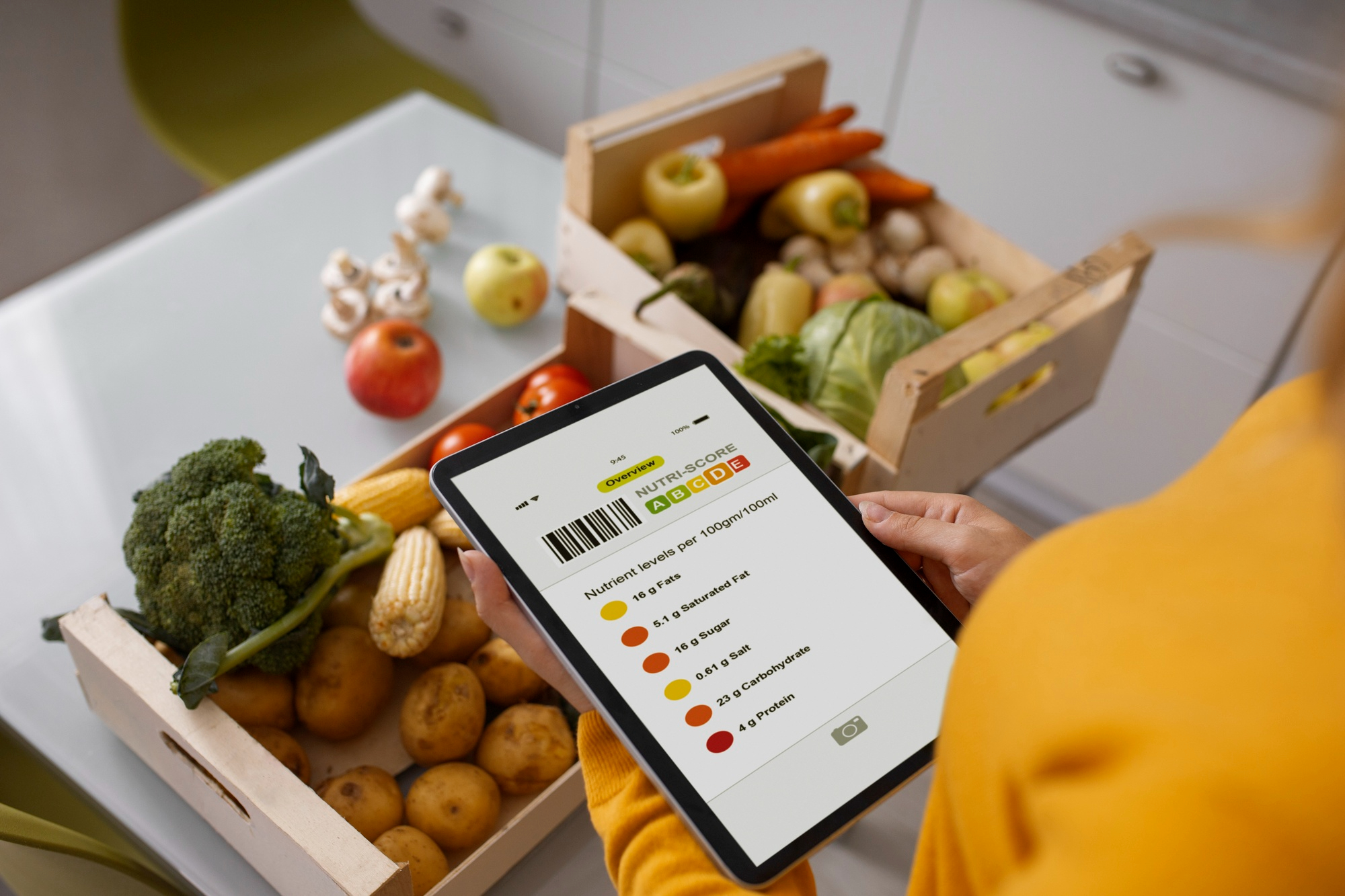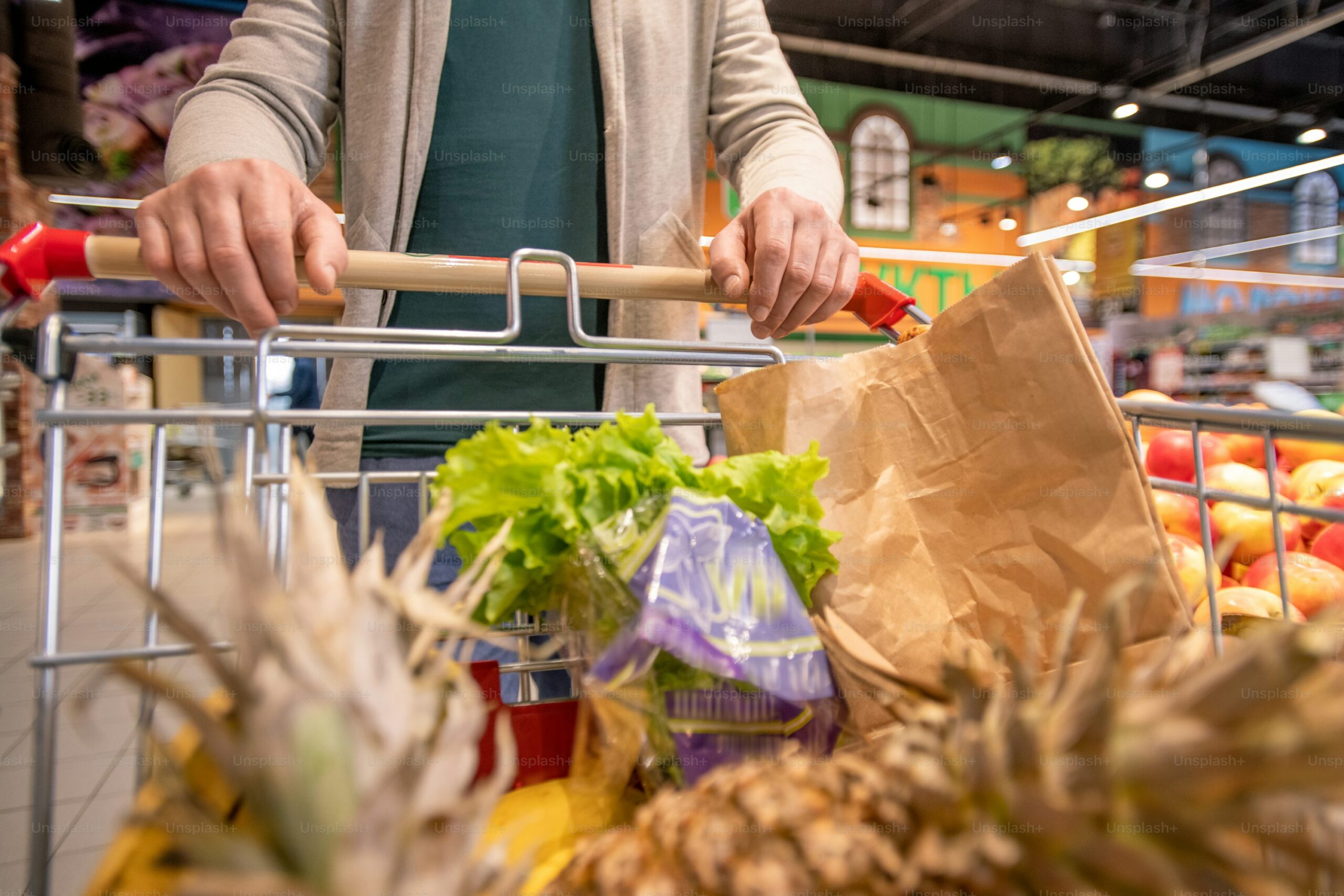Rising food prices can be a challenge for everyone. But don’t worry, there are plenty of smart ways to trim your grocery bill without sacrificing the quality of your meals. Let’s explore ten different strategies to help you save money while still enjoying delicious and nutritious food.
Table of Contents
Toggle10 Different Ways to Lower Your Grocery Bill as Prices Increase
Following are the 10 different ways you can choose to lower your grocery bills as the prices increase:

1. Plan Your Meals
One of the best ways to save money on groceries is to plan your meals ahead of time. By knowing what you need, you can avoid buying unnecessary items and stick to your budget.
Steps to Plan Your Meals:
- Create a Weekly Menu: Plan your meals for the week, including breakfast, lunch, dinner, and snacks.
- Make a Shopping List: Write down all the ingredients you need for your meals.
- Check Your Pantry: Before going to the store, check what you already have to avoid buying duplicates.
More Information:
2. Buy in Bulk
Buying in bulk can save you money on items that you use frequently. Many stores offer discounts for larger quantities, and you can store non-perishable items for a long time.

Tips for Buying in Bulk:
- Focus on Non-Perishables: Items like rice, pasta, canned goods, and toilet paper are great for bulk buying.
- Share with Friends or Family: If you don’t need a large quantity, consider sharing bulk items with others to split the cost.
- Store Properly: Make sure to store bulk items in a cool, dry place to keep them fresh.
More Information:
3. Use Coupons and Discounts
Coupons and discounts can help you save a significant amount on your grocery bill. Many stores offer coupons through their websites, apps, and in-store promotions.

How to Use Coupons and Discounts:
- Look for Coupons: Check store websites, apps, and local newspapers for coupons.
- Join Loyalty Programs: Many stores offer loyalty programs that provide discounts and rewards.
- Combine Coupons: Use manufacturer coupons along with store coupons for additional savings.
More Information:
4. Shop at Discount Stores
Discount stores often offer lower prices on groceries compared to traditional supermarkets. These stores may have a smaller selection, but they can help you save money on everyday items.
Benefits of Shopping at Discount Stores:
- Lower Prices: Discount stores usually offer lower prices on many items.
- Special Deals: Look for weekly specials and promotions.
- Quality Products: Many discount stores offer quality products at a fraction of the cost.
More Information:
5. Buy Generic Brands
Generic or store brands are often cheaper than name brands and can be just as good in quality. Comparing prices and trying generic brands can help you save money.
Tips for Buying Generic Brands:
- Compare Prices: Check the price difference between generic and name brands.
- Read Labels: Compare the ingredients to ensure you are getting a similar product.
- Try Before You Buy: Purchase a small quantity to test the quality before buying in bulk.
More Information:
6. Shop Seasonally
Buying fruits and vegetables that are in season can save you money and provide fresher, better-tasting produce. Seasonal items are often cheaper because they are more abundant.
How to Shop Seasonally:
- Check What’s in Season: Look up seasonal produce guides for your area.
- Visit Farmers’ Markets: Local farmers’ markets often have fresh, seasonal produce at lower prices.
- Freeze or Preserve: Buy extra seasonal produce and freeze or preserve it for later use.
More Information:
7. Reduce Food Waste
Reducing food waste can help you save money by making the most of the food you buy. Proper storage and planning can prevent food from spoiling before you use it.
Tips to Reduce Food Waste:
- Use Leftovers: Plan meals to use up leftovers and prevent waste.
- Store Food Properly: Keep perishable items in the fridge or freezer to extend their shelf life.
- Check Expiration Dates: Use older items first and check expiration dates regularly.
More Information:
8. Grow Your Own Produce
Growing your own fruits and vegetables can be a rewarding and cost-effective way to get fresh produce. Even if you have a small space, you can grow herbs, tomatoes, and other easy-to-grow plants.

Steps to Grow Your Own Produce:
- Start Small: Begin with a few easy-to-grow plants like herbs or lettuce.
- Use Containers: If you don’t have a garden, use pots or containers on a balcony or windowsill.
- Learn and Experiment: Look up gardening tips and try different plants to see what works best for you.
More Information:
9. Cook at Home
Cooking at home is usually cheaper than eating out or buying pre-made meals. It also allows you to control the ingredients and make healthier choices.
Benefits of Cooking at Home:
- Save Money: Homemade meals are often much cheaper than restaurant or takeout food.
- Healthier Options: You can choose healthier ingredients and control portion sizes.
- Family Time: Cooking together can be a fun and bonding activity for families.
More Information:
10. Track Your Spending
Keeping track of your grocery spending can help you identify areas where you can cut costs. Budgeting and monitoring your expenses ensure that you stay within your budget.
How to Track Your Spending:
- Keep Receipts: Save your grocery receipts and review them regularly.
- Use Apps: There are many apps available that can help you track your spending and manage your budget.
- Set a Budget: Determine a monthly grocery budget and stick to it as closely as possible.
More Information:
Final Thoughts
By following these ten tips, you can significantly reduce your grocery bill even as prices continue to rise. Planning your meals, buying in bulk, using coupons, and shopping at discount stores are just a few ways to save money. Remember to try generic brands, shop seasonally, reduce food waste, grow your own produce, cook at home, and track your spending to make the most of your grocery budget. These strategies are simple to implement and can lead to substantial savings over time.
Further Reading and Resources
For more information and tips on saving money on groceries, check out these helpful links:
Happy saving!
10 Ways to Lower Your Grocery Bill As Prices Increase: FAQs
Saving money on groceries can be a challenge, but with a few smart strategies, you can significantly reduce your food bill without sacrificing quality. Here are some frequently asked questions to help you optimize your grocery shopping:
1. How can I balance saving money on groceries with ensuring my family gets the nutrients they need?
Focus on whole foods like fruits, vegetables, lean proteins, and whole grains. These are often more affordable and packed with essential nutrients. Look for sales on these items and plan your meals accordingly.
2. Should I buy store-brand or name-brand products?
Many store-brand products are just as good as name brands but at a lower price. Do a taste test to see if you prefer one over the other. However, for items like olive oil or certain spices, you might find that spending a bit more on a quality brand is worth it.
3. How can I reduce food waste, especially with fresh produce?
Proper food storage is key to reducing food waste. Store fruits and vegetables in the refrigerator, and freeze items that you won’t use immediately. Plan meals around what you already have to avoid buying excess produce.
4. Are there any specific grocery shopping apps or websites that can help save money?
Yes, several apps and websites offer coupons, cashback rewards, and price comparisons. Some popular options include Ibotta, Rakuten, and Checkout 51.
5. How can I involve my family in saving money on groceries?
Make grocery shopping a family affair. Let your kids help with the shopping list and meal planning. This can make it a fun and educational experience for everyone.
6. Can meal prepping really save money?
Absolutely! Meal prepping allows you to cook in bulk, reducing food waste and saving time. It also helps you avoid impulse purchases and unhealthy takeout options.
7. How can I find the best deals at the grocery store?
Pay attention to weekly flyers and store sales. Compare prices between different stores and use coupon apps to find the best deals. Consider shopping at discount grocery stores for certain items.
8. Is it worth buying in bulk to save money?
Buying in bulk can be cost-effective, but only if you’ll use the products before they expire. Consider your family size and storage space before stocking up.
9. How can I reduce my consumption of processed foods while saving money?
Focus on whole foods and cooking from scratch. Learn basic cooking skills and experiment with different recipes. It might take more time initially, but it can save you money in the long run.
10. Are there any specific grocery shopping times that are cheaper?
The best time to shop for groceries can vary depending on the store. Some people find that shopping early in the morning or late at night can help avoid crowds and potential impulse purchases.
